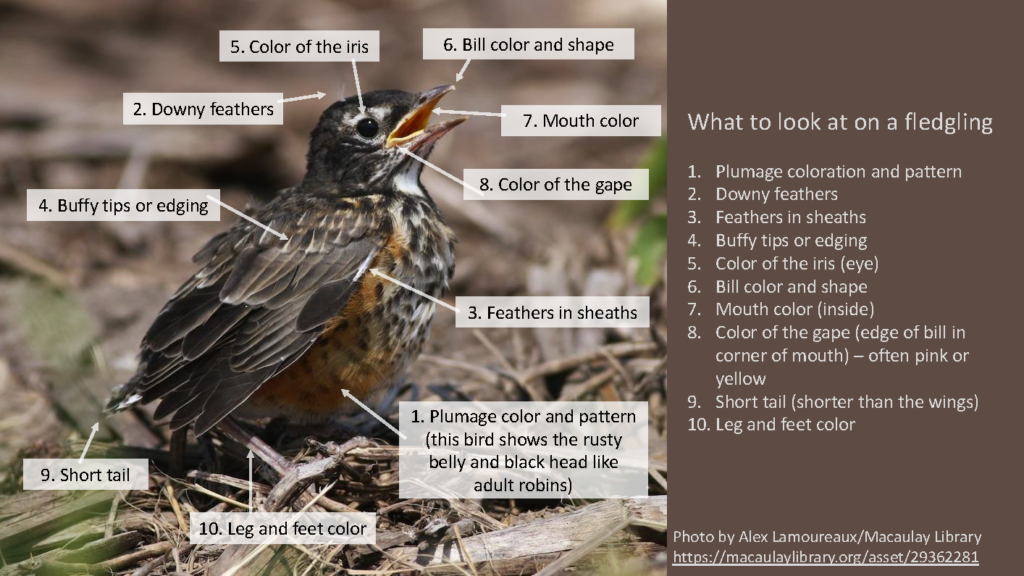Everything you need to conduct surveys!
Quick Links
Handbook
A user guide containing background on the project, when and where to survey, how to collect and submit data, how to determine adequate block coverage, and how to report rare species.
Volunteer Handbook (last updated 2021-07-01)
Block Maps
Use the Final Season Block Tool to determine where to atlas and download individual block maps.
Learn all about Block Maps
Download files for Google Maps and GPS apps:
Priority block outlines (kmz)
Shapefile of all blocks (zipped)
Open access lands (kmz)
Breeding Behavior References
Breeding Codes
The list of breeding codes we will be using, their definitions, and examples of usage. Also see the breeding code definitions page.
Breeding Codes – detailed with examples
Breeding Codes – abbreviated for printing
Breeding Timeline
A guideline to when each species winters, migrates, and breeds in NY.
Breeding Guideline Bar Chart (PDF)
Breeding Guideline Bar Chart (sortable Excel file)
Breeding Season Table from Atlas 2000 (PDF)
Acceptable Codes
A chart with the codes that are acceptable to use for each species. Use this chart to determine when you can use S – Singing Bird for species that don’t sing but make other breeding sounds, FL – Recently Fledged Young for precocial species, and CF – Carrying Food for species that use food in their courtship rituals.
Atlasing Guides
- Grassland Birds – A deep dive into grassland birds and their breeding behaviors.
- Nocturnal Birds – A how to for atlasing at night including tips for 18 species.
- Understanding Bird Behavior – A primer on all types of bird behaviors.
- Early Nesters – A guide to 30 species that start breeding in January to early-April.
- Early spring breeders – A guide to birds that start breeding in April to mid-May.
- Marsh Birds – A guide to finding secretive marsh birds.
- Fledglings – A short guide for recognizing fledglings. Features the top 20 most frequently reported species from the second Atlas.
- Late nesting species – A guide to birds that breed in August.
- Hints On Haunts – The Hints on Haunts guidelines were compiled during the first atlas and contain tips on confirming over 70 species of breeding birds.
Species Spotlights
- Great Lakes Piping Plover
- Great Horned Owl
- Bald Eagle
- American Woodcock
- Upland Sandpiper
- Nightjars
- Yellow-billed Cuckoo
- Chimney Swift
- Red Crossbill
- White-winged Crossbill
- Horned Lark
- American Three-toed Woodpecker
- Least Bittern
- Common Gallinule
- Long-eared Owl
- Common Raven
- Spruce Grouse
- Northern Harrier
Field Materials
Field Cards
If you aren’t using the mobile app, here are some data sheets to help you record your observations in the field.
Block Summary Card (track block progress)
Field checklist (record each visit)
Field form – incidentals (track incidental observations)
Landowner Letters
A letter to introduce private landowners to the project and request permission to access their land. A thank you letter for after you visit is also provided.
Landowner Letter – Introduction
Landowner Letter – Thank You
Vehicle Sign
Placard to print and place in your windshield while conducting surveys. Please obey all traffic laws and respect private property.
Car Magnet
Visit our online shop to purchase a car magnet to put on your car while conducting surveys.
Car Magnet (Zazzle)
Nightjar Surveys
Nightjar surveys take place in the two weeks surrounding the full moons in May and June. Surveys target all three nightjars nesting in NY: Common Nighthawk, Eastern Whip-poor-will, and Chuck-will’s-widow.



